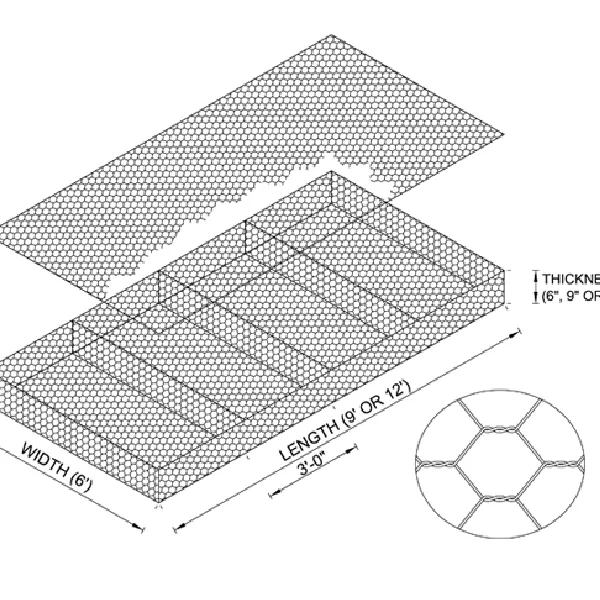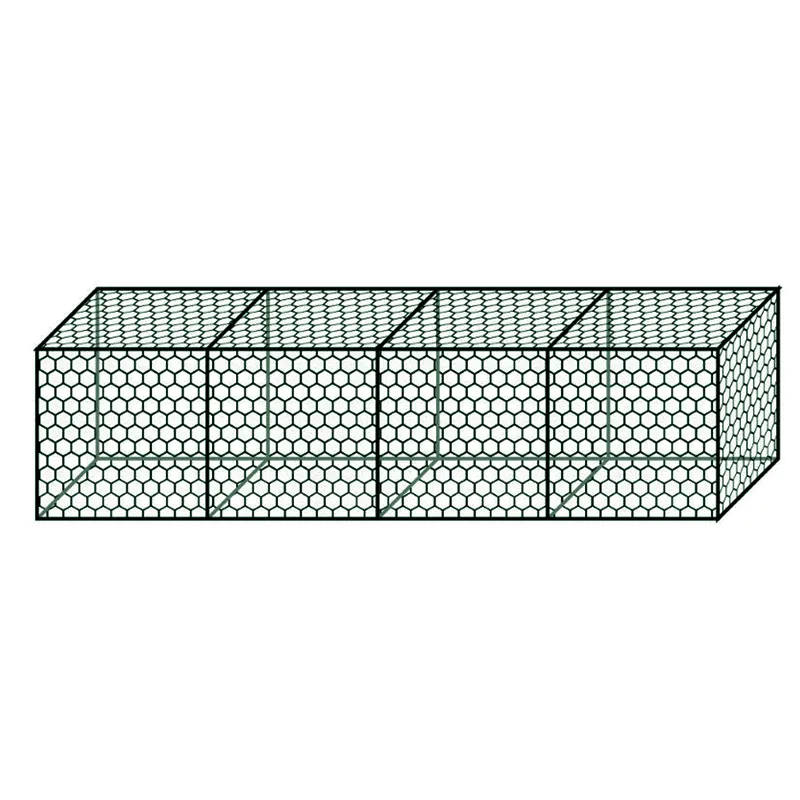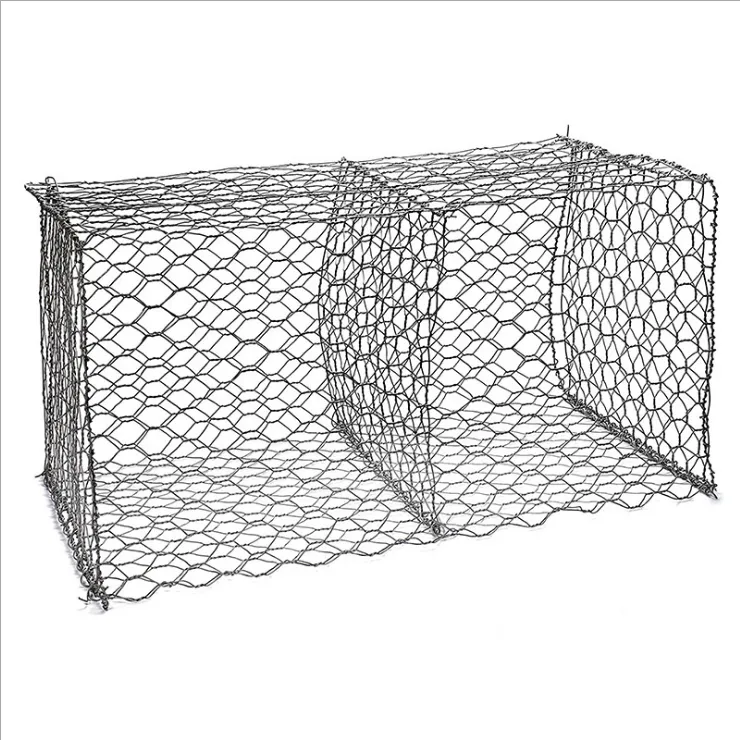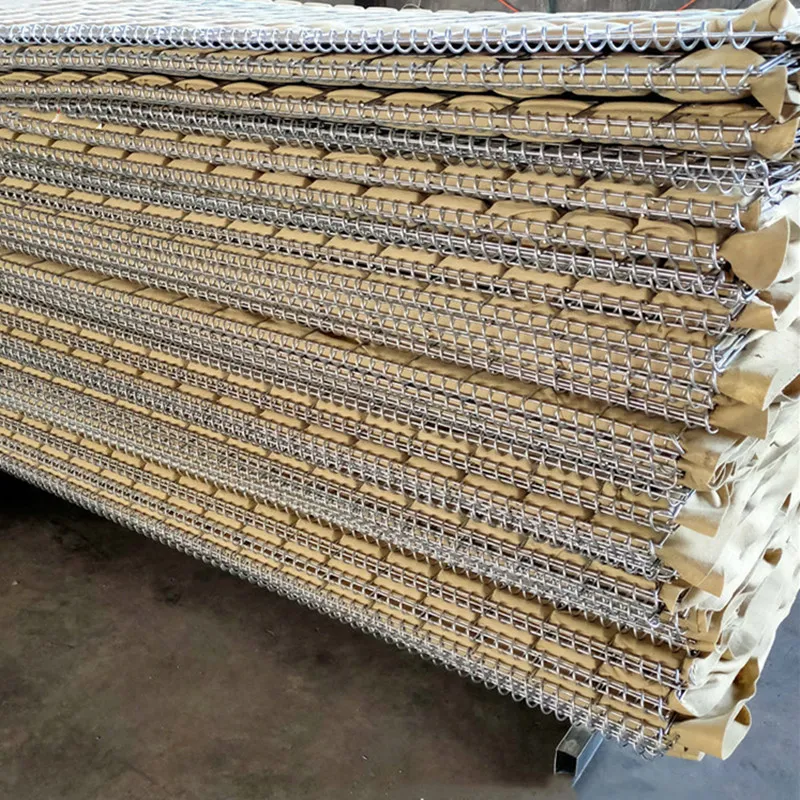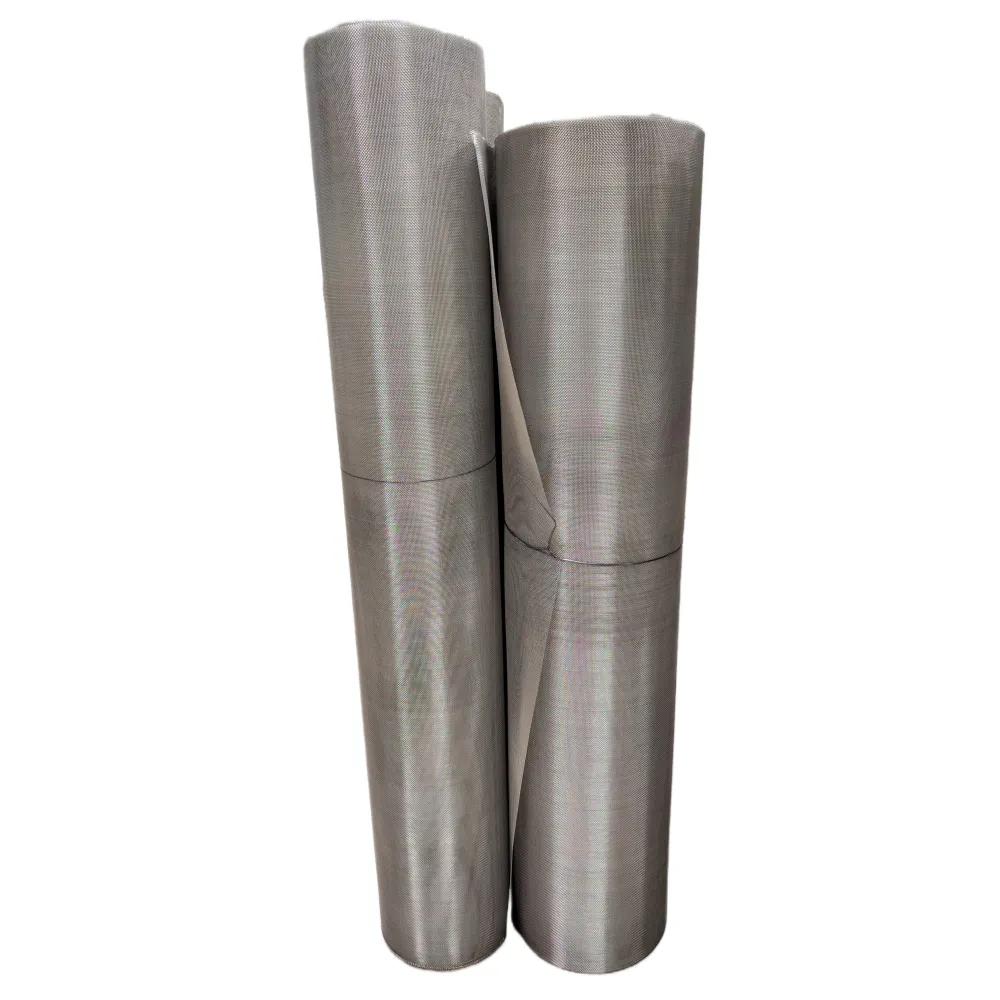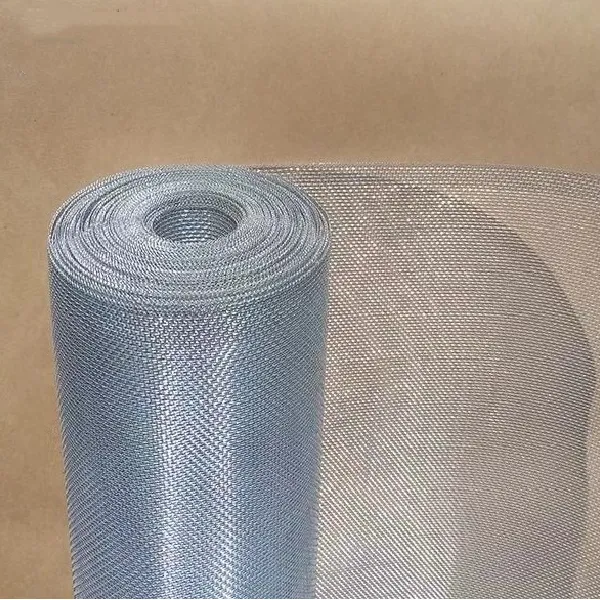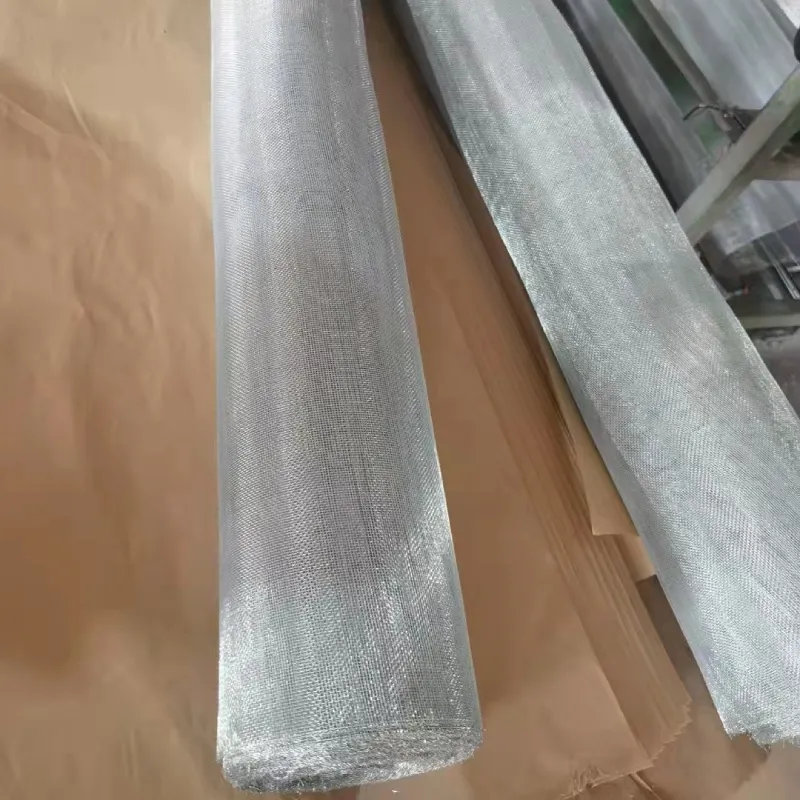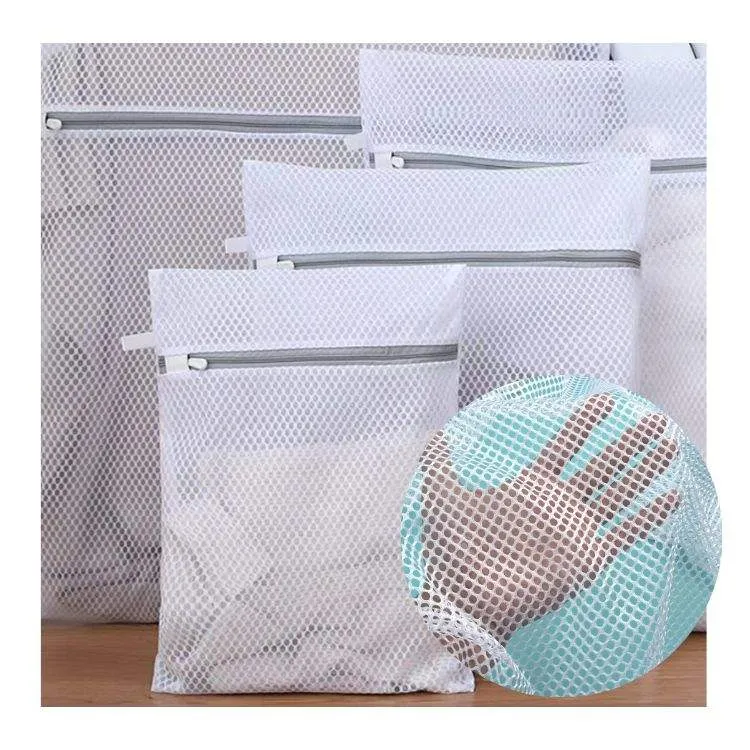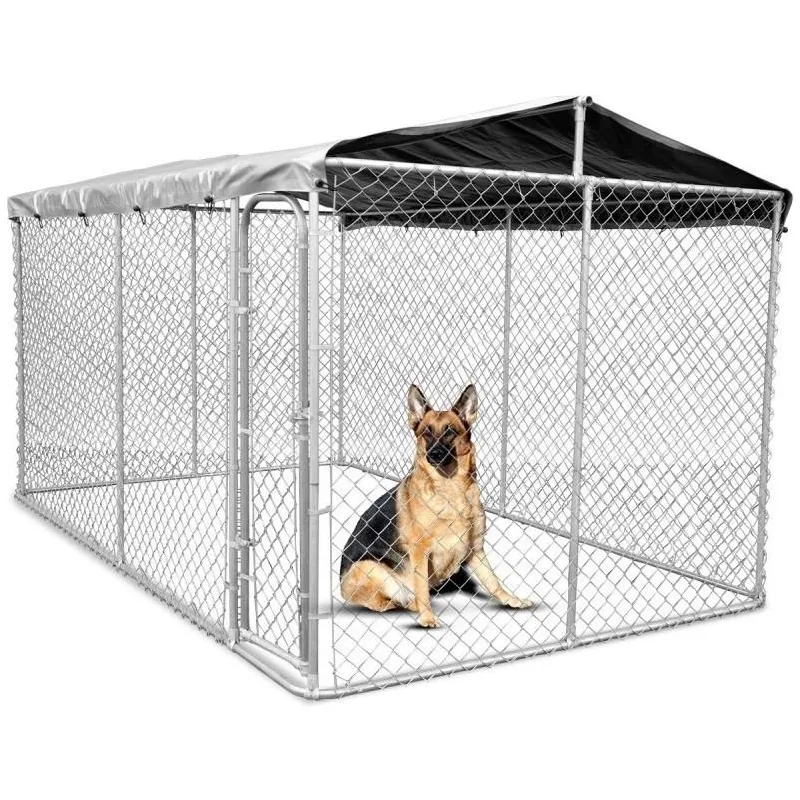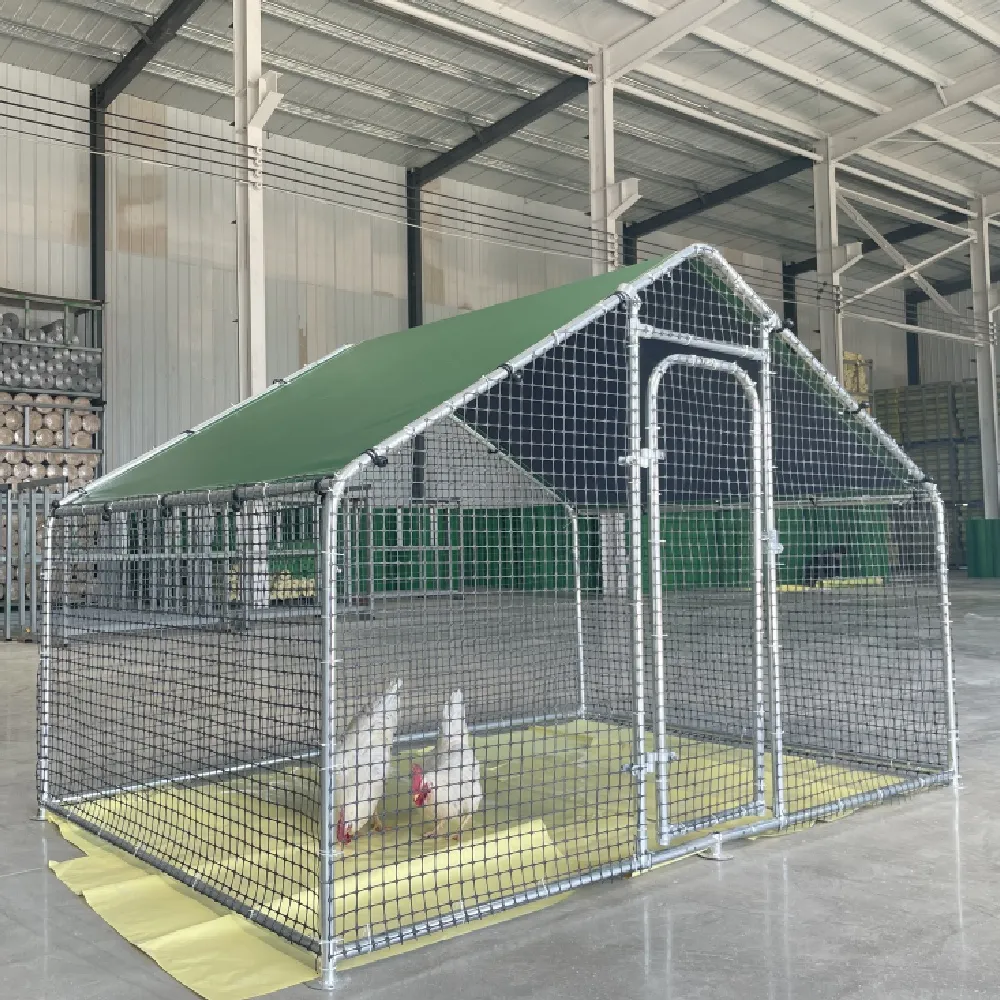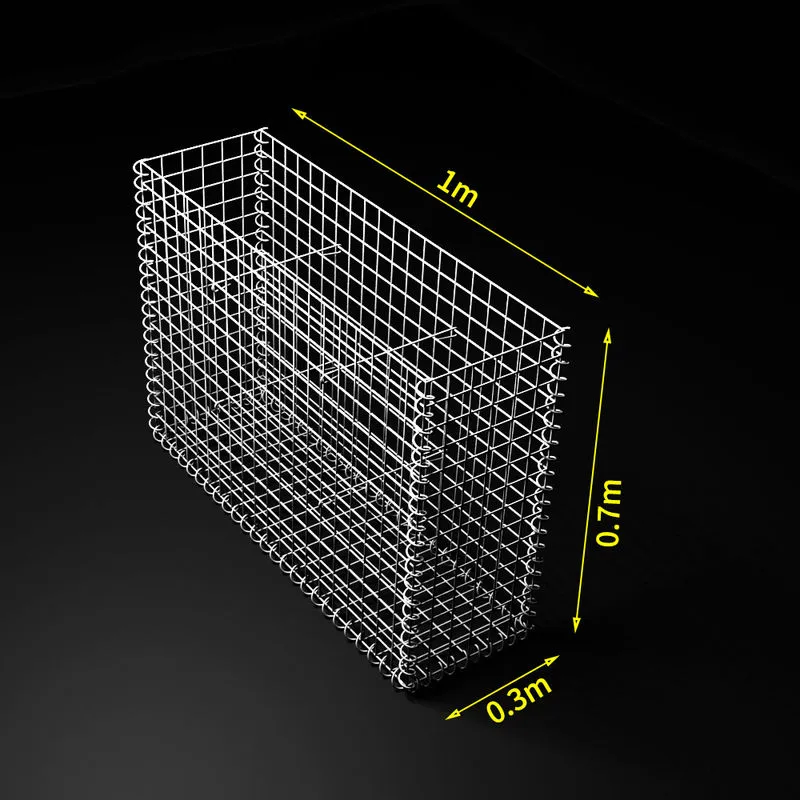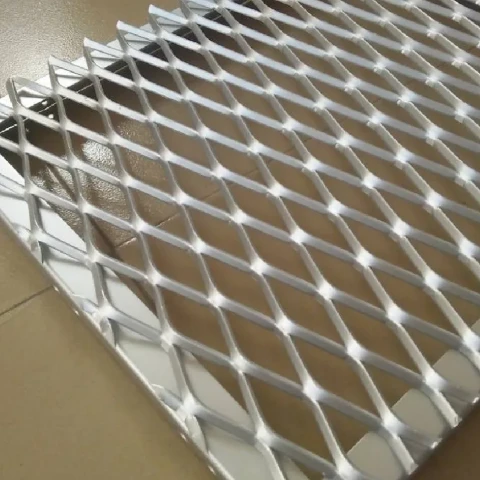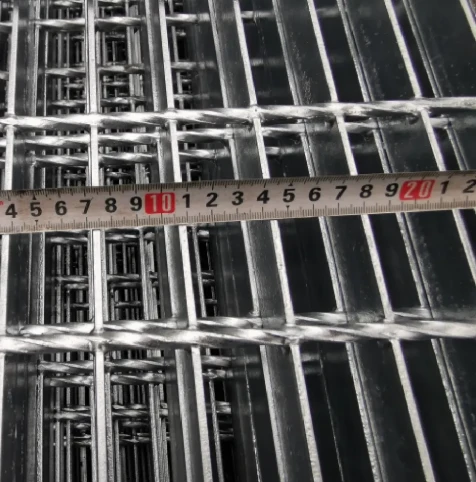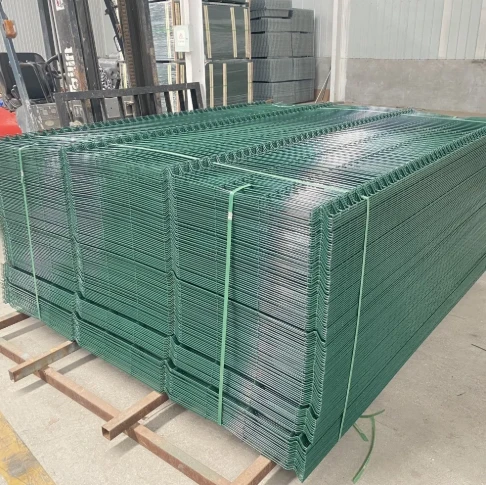Choosing the right metal wire for your fencing projects can significantly impact not only the longevity and appearance of your fence but also its functionality. For those looking to install a fence, whether it be around a garden for aesthetic purposes or a security perimeter around a property, metal wire can prove to be one of the most reliable options. I’d like to walk you through some key considerations when selecting metal wire and share insights based on years of experience in the fencing industry.

One major factor to consider is the type of metal used in the wire. Galvanized steel is a top choice for many due to its rust-resistant properties. Its zinc coating acts as a barrier against corrosion, ensuring the wire maintains its integrity even when exposed to harsh weather elements. Stainless steel, although typically more expensive, offers superior strength and rust resistance, making it ideal for security fences or areas with extreme weather conditions.
The thickness of the wire, often referred to as gauge, directly influences its strength and durability. A lower gauge number indicates a thicker wire. For residential garden fences, a 16 or 18-gauge wire might suffice, but for heavier duty applications, such as protecting livestock, a 12-gauge wire could be more appropriate. Keeping in mind the gauge ensures you select a wire with adequate strength for your needs, balancing cost with durability.
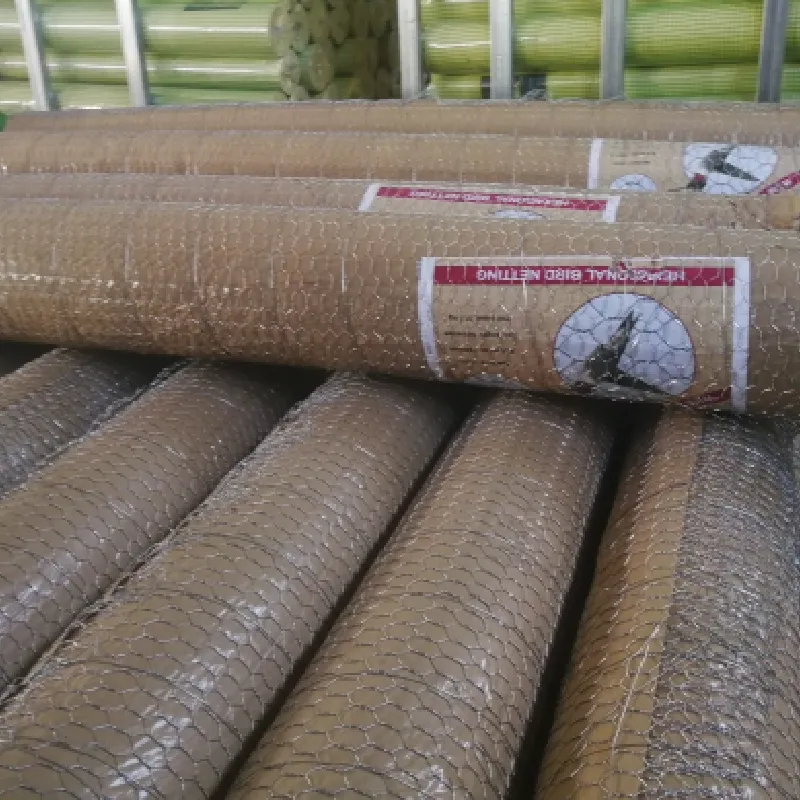
The design or pattern of the wire weave also plays a crucial role in its applications. For areas that require heightened security or where animals are being kept, a tighter mesh design such as welded wire or chain link fences can offer more protection. Conversely, for decorative fencing or for supporting plants, a larger mesh with a more aesthetically pleasing design might be preferred.
metal wire for fence
When considering the sourcing of metal wire, looking for reputable manufacturers or suppliers who offer reliable guarantees and have a history of product excellence is vital. A trusted supplier will help ensure that the metal wire not only meets regulatory standards but also delivers on promised specifications. Reading reviews, seeking recommendations from industry peers, and checking for certifications can all assist in making an informed decision.
The installation process is another element where precision is required.
Even the best quality wire can fail if poorly installed. Employing professionals or obtaining the right tools for installation is recommended. It is essential to ensure tension is properly applied to prevent sagging, which could compromise the fence's effectiveness and appearance. This part of the process is where expertise truly comes into play, as minor mistakes can lead to premature failure or unnecessary repairs later on.
Sustainability is increasingly becoming a central priority for many when selecting building materials. Metal wire for fencing, particularly those made from recycled materials, can contribute to environmentally friendly practices. The lifecycle of metal wire is long, reducing the need for frequent replacements, and many products can be recycled at the end of their use, lessening the environmental impact.
In conclusion, selecting metal wire for fencing demands an understanding of the material properties, design choices, and installation techniques. By combining knowledge of these elements with a selection from a reputable supplier, one can create a fencing solution that is both effective and enduring. Trustworthy advice combined with personal expertise anchors decision-making, making it easier to tailor a solution to specific needs, ensuring a fence that stands the test of time and environment. As trends in fencing evolve, the emphasis remains on innovation, quality, and reliability, resulting in products that provide security and satisfaction, proving once again, that the right metal wire is the backbone of any successful fencing project.




